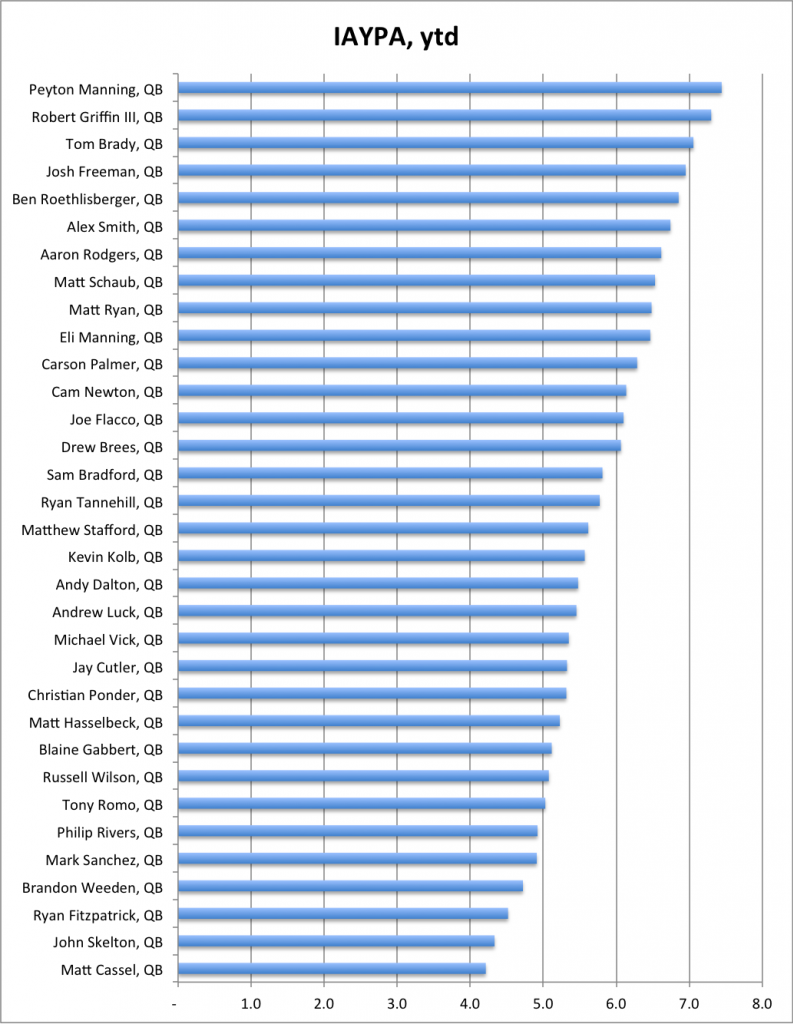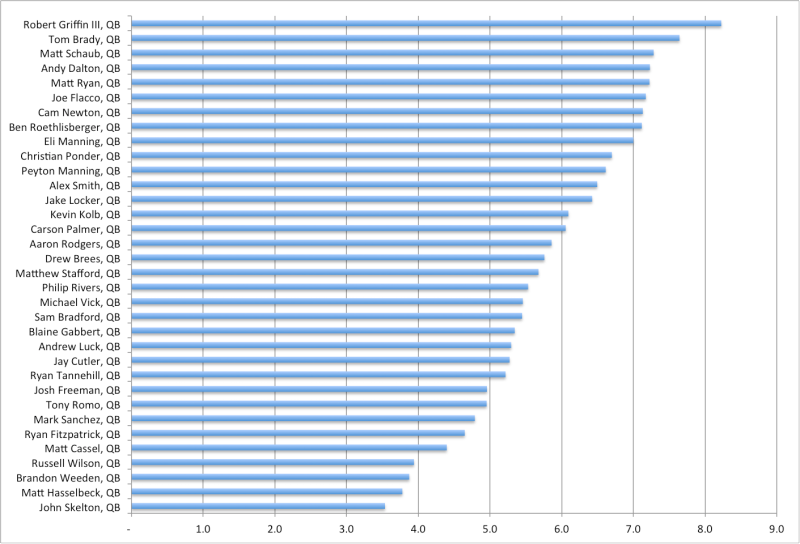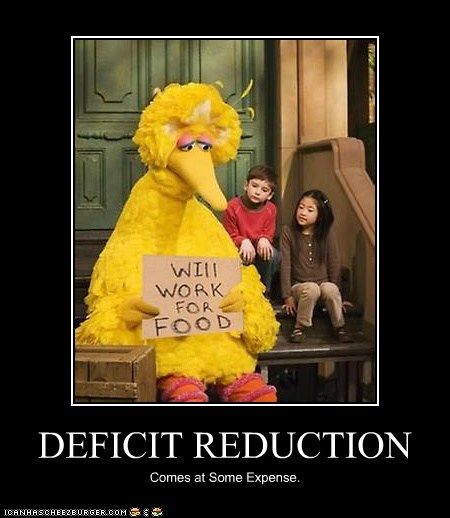I must say, I am enjoying Twitter far more than I expected, despite the fact that it has been a disappointment in almost every way. It seems to me to be a tool of limitless possibilities, all deliberately unexplored by a corporation hellbent on aggregating our individual media consumption preferences into marketable meta-constructs for the advertising industry. It's a little like hearing about a great new resort, booking a room, and discovering that they haven't put the pool in yet.
For example, it's impossible to calibrate - some sources Tweet a lot, others hardly at all. The high signal-to-noise people lose this game, and there's no corrective filter offered ("hold some of my calls" - Rodney Dangerfield).
And another thing: I've noticed some things that are tweeted are not very important. I had to give up on TPM because they issue about one tweet per minute, most of which are something like this:
Ryan asked about lack of specifics at town hall
An urgency indicator (or threat level code) would be helpful here, but maybe humans are not evolved enough yet to use this type of tool efficiently.
The entertainment industry is mostly a bust, too, with a million variations on the "I'm eating a cheese sandwich" tweet. Or, they simply turn their password over to the PR department. I'm looking at you, Adam Savage, Leonard Nimoy, Stephen Fry...I am pleased to hear that you are going to be in a show, or that someone is putting on a show you wrote. But it is just too little. I cannot care.
Tweeting is hard, it turns out. Many try, and most fail.
But not all: at its highest level, tweeting can be comedy at a haiku level of structure, the ultimate test of virtuosity in comic composition. Great tweets are retweeted, favorited, and immortalized, and for this reason only, Twitter astonishes and delights me.
Here are three practitioners of this high art:
Professional Division: Tim Siedell
I think I found Siedell off an Ebert re-tweet. I am a bit late to the party, given that he has 615,000 followers, but better late than never. Siedell is cheating, of course - he is a professional, the author of a funny (and I am taking other peoples' word for this)
book of one-liners.
When he goes past one line, he becomes positively dangerous:
Siedell is also an avid collector of tweets, and reading through his list of favorites is a genuinely
heartening experience, a rediscovery of a world one might have thought was lost, after sobering up.
His website is
here.
Amateur Division: Ally Maynard
If Siedell is the efficient hit man of Twitter one-liners, Ally Maynard is the gifted padawan that is having trouble choosing a side. She tweets a lot, and much of it is just routine effort, better than what I have ever done owing to her natural talent, but not observably better than, say, a Conan O'Brien monologue:
But, like our own Corresponding Secretary General, the mask slips sometimes, and you realize you are dealing with a non-routine force:
Unlike the measured and mature CSG, however, we do observe that, occasionally, the mask falls off completely and you realize you are facing a fully operational bonecrusher:
And then there are a few that are beyond category:
Master's Division: Steve Martin
If Ally perhaps, possibly, overshares just a little, we naturally look to the Master's Division for restraint and correct judgment, and when I think of restraint and correct judgment, the name "Steve Martin" never comes up.
But it's true you know. Someone may have mentioned this at some point, but Steve Martin is funny.
Still funny. He's on Twitter with good stuff - he doesn't tweet quite as much as our other contestants, and he never seems to try too hard ("because," I hear him say in my head, "that's
death").
He still likes the dumb shot:
And the absurdist quip, which he patented:
Martin is different now from the way I remember him. Less crazy and screamy, mellower. He is funny now because he is
funny, not because he
needs to be funny. He once
said "be so good they can't ignore you"... but now he screws up his own act, tweeting obituaries and plugging obscure mandolin players. He's reached that improbable point of mastery and familiarity where he can be himself, and that will probably be fine. If not, deal with it:
But even when he misses, we still love him, and he loves us back, holding us in the palm of his hand:









